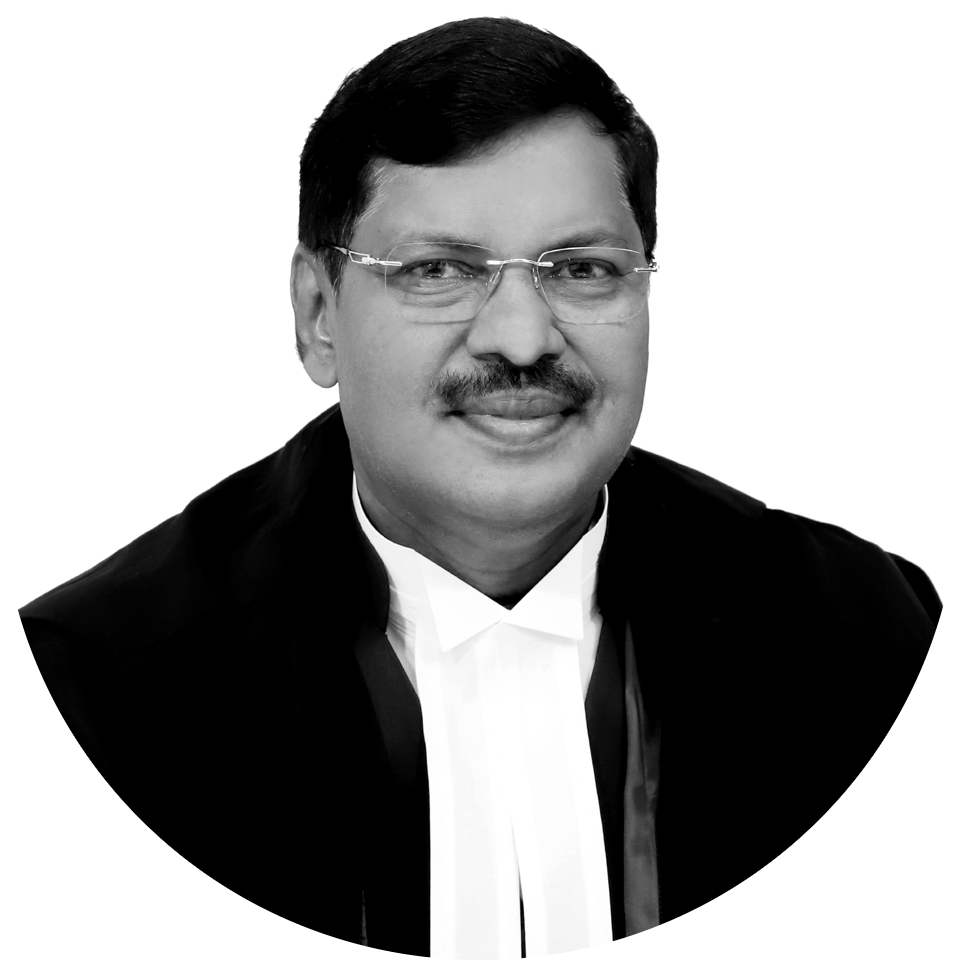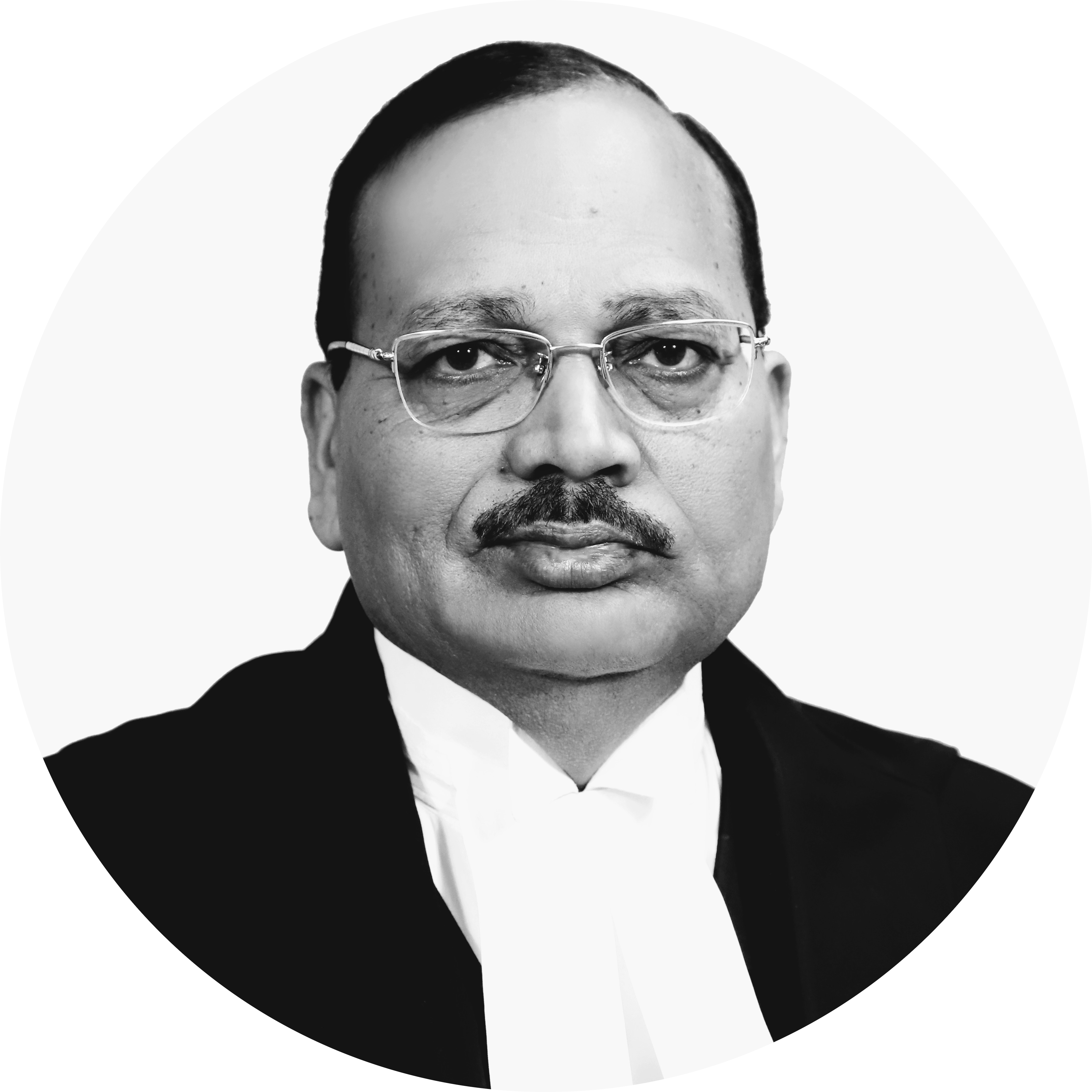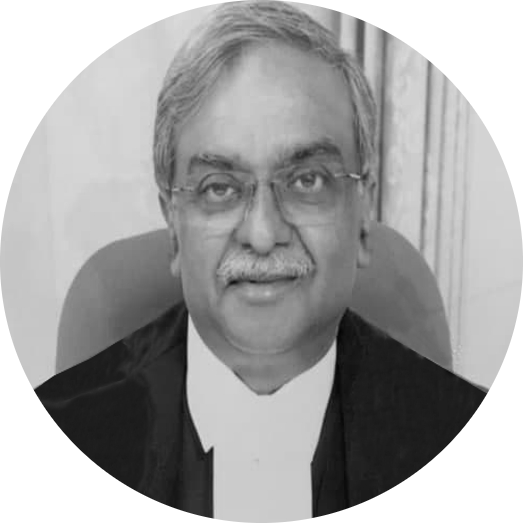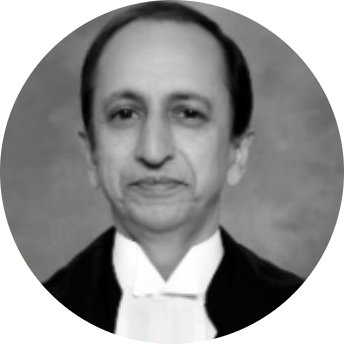Presidential Reference on Powers of the Governor and President
Re: Assent, Withholding, or Reservation of Bills by the Governor and President of India
Citation: 2025 INSC 1333
A five-judge Constitution Bench held that the Governor can exercise three options on bills presented for assent and cannot withhold them indefinitely. It also held that the actions of the Governor and President are non-justiciable
Decided
Parties
Government: Union of India, Governments of all states.
Lawyers: Attorney General R. Venkataramani, Solicitor General Tushar Mehta, Senior Advocates Kapil Sibal, K.K. Venugopal, P. Wilson
Case Details
Case Number: SPL.REF. No. 1/2025 XVII-A
Next Hearing: July 22, 2025
Last Updated: November 20, 2025
Key Issues
What are the constitutional powers and limitations of the Governor under Article 200?
Are the decisions of the Governor and the President under Articles 200 and 201 subject to judicial review?
Can judicial orders regulate the exercise of constitutional powers where timelines or procedures are not specified in the Constitution?
What is the scope of the Supreme Court’s advisory and constitutional jurisdiction?
When does a State bill become law, and can courts intervene before that?
Can the Supreme Court exercise its discretionary powers under Article 142 to substitute the powers of the Governor or the President?
Case Description
On 13 May 2025, President Droupadi Murmu invoked the Supreme Court’s advisory jurisdiction under Article 143 of the Constitution. The provision empowers the President to seek the Court’s opinion on questions of law or fact which are of public importance.
The President referred a total of 14 questions concerning the powers of a Governor and the President under Articles 200 and 201, respectively. The reference came after the Court’s judgement in State of Tamil Nadu v Governor of Tamil Nadu (2025). In that case, the Court had set timelines for the Governor and President when bills reach their office for assent.
The Tamil Nadu Governor Judgement
In 2023, the Tamil Nadu government challenged Governor R.N. Ravi’s prolonged pendency in giving assent to 10 bills passed by the state government. Due to non-communication on the bills, the state assembly had repassed them. These were subsequently reserved for the President’s consideration.
On 8 April 2025, the Supreme Court held that the Governor’s indefinite delay in withholding state legislative bills was “illegal” and “erroneous.” The Bench clarified that the powers of the Governor under Article 200 of the Constitution were limited to three options. He could either grant assent, withhold assent or reserve it for the President’s consideration. Moreover, the Governor has no option but to grant assent to bills that were reenacted by the state assembly after they were withheld. He could not exercise an “absolute veto” on the bills.
Three sets of timeline were set for the Governor to grant assent to bills. If the bills were withheld or reserved for the President with the aid and advice of the Council of Ministers it had to be sent back to the legislature within a month. In an instance where this was done contrary to the advice, it had to be sent back within three months. If the legislature re-passed the bill, it had to be passed within a month. Any breach of the timelines was made amenable to judicial review. This would give an opportunity for the functionaries to explain the delay. The Court laid down a three-month deadline for Presidential approval of bills which were reserved for her consideration
Significantly, the Bench had used the Court’s inherent powers under Article 142 to deem assent on ten pending state bills. By ‘deeming assent’, the judgement declared any action by the President on the reserved bills as void. This led to the default cancellation of the President’s decision to assent to one of the bills. The judgement got mixed reactions with some hailing the verdict, whereas some criticising the Court for breaching the separation of powers.
Presidential reference
In the aftermath of the judgement, President Murmu wrote to the Chief Justice with the questions seeking clarity on whether judicial interventions are constitutional, given that Articles 200 and 201 do not prescribe a timeline and manner of exercise of the powers of the Governor and the President. The reference questions whether the exercise of constitutional discretion by the Governor under Article 200 and by the President under Article 201 is justiciable.
Constitution of the Bench
A Constitution Bench led by Chief Justice B.R. Gavai, with Justices Surya Kant, Vikram Nath, P.S. Narasimha and A.S. Chandurkar is scheduled to hear the reference on 22 July 2025.
This is the first Constitution Bench allocated by CJI Gavai and will be the second Constitution Bench case to be heard by the Court in 2025.





